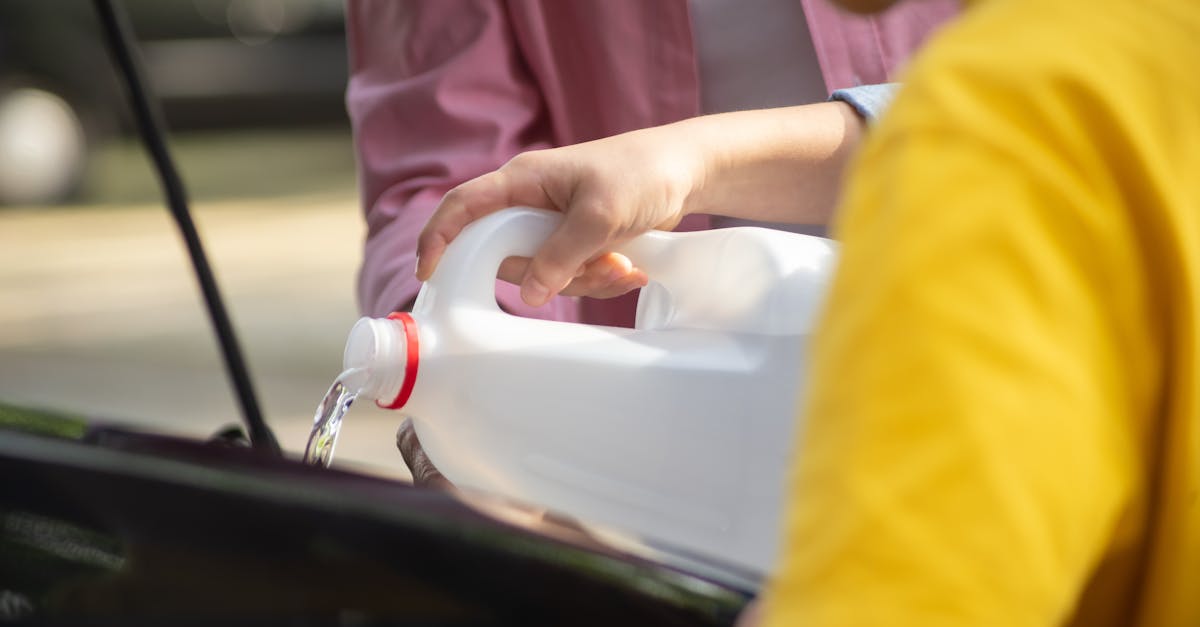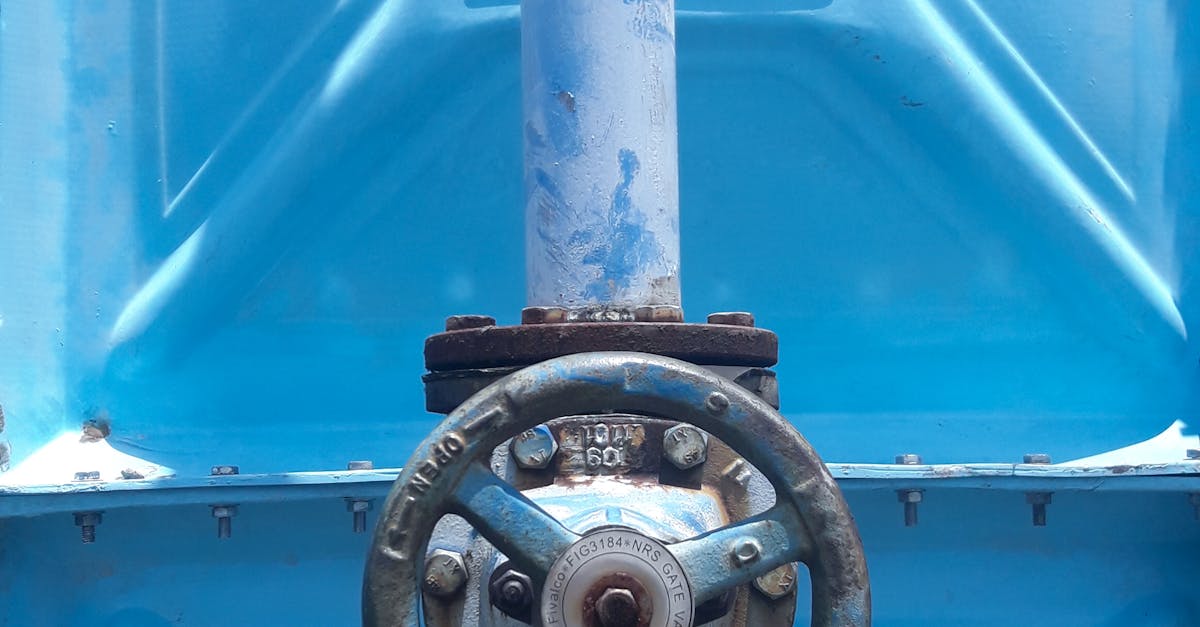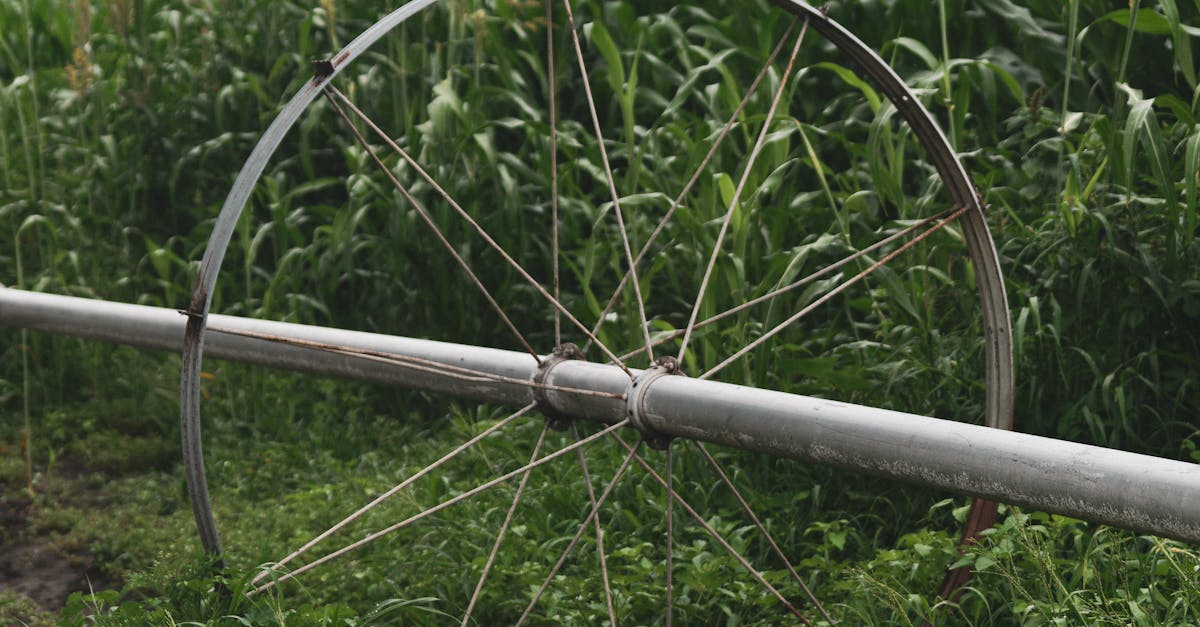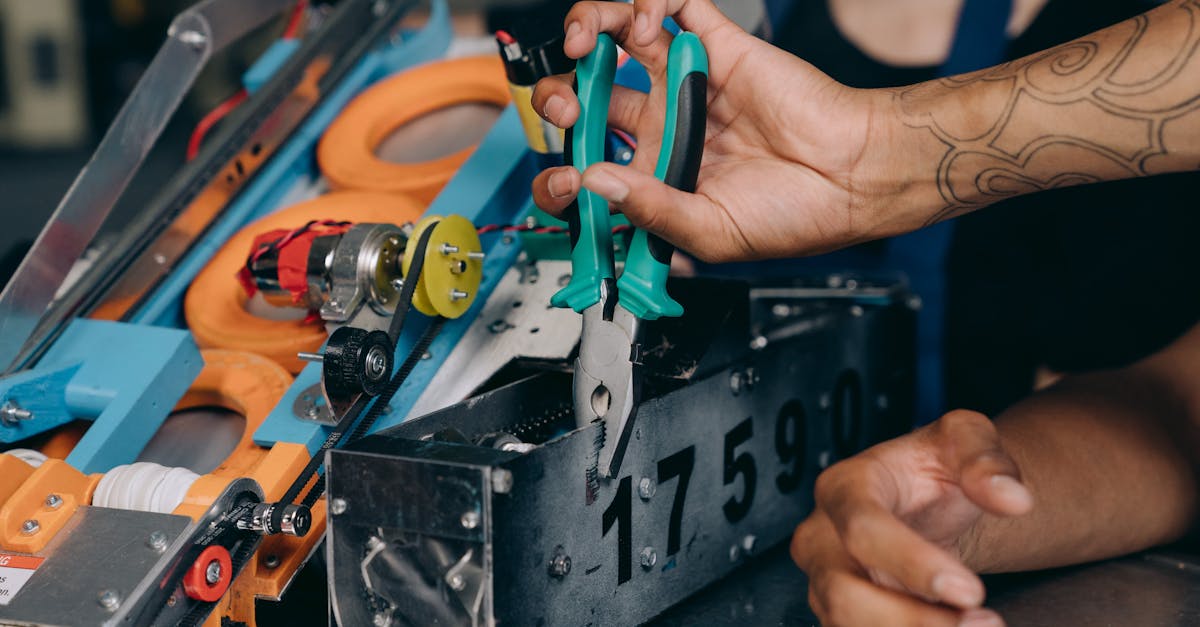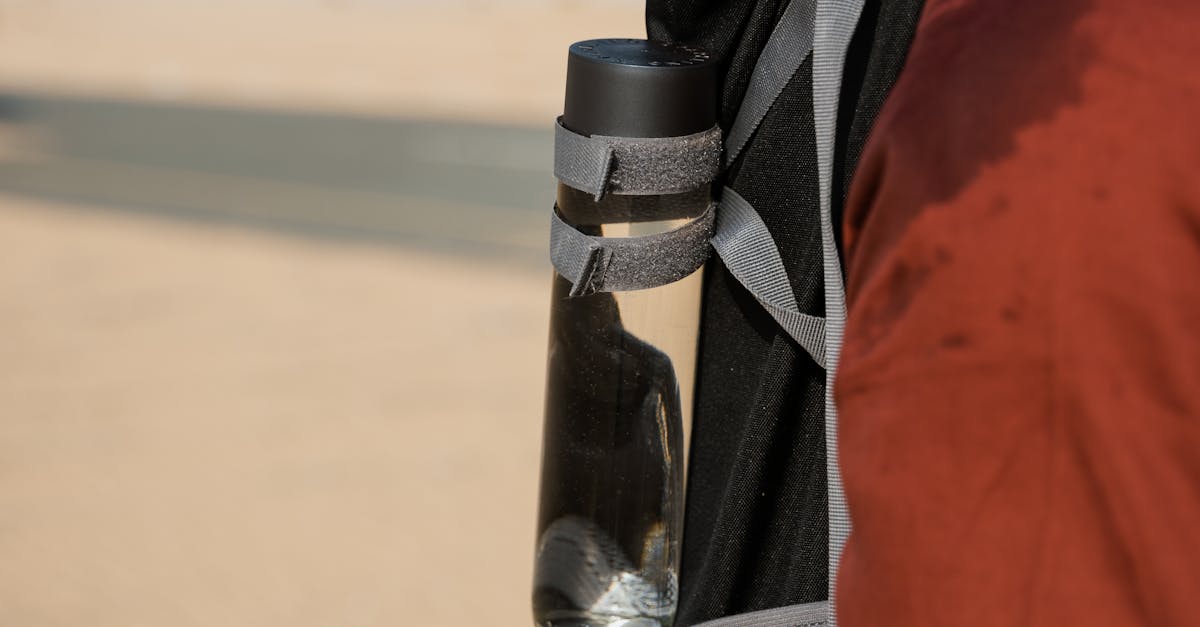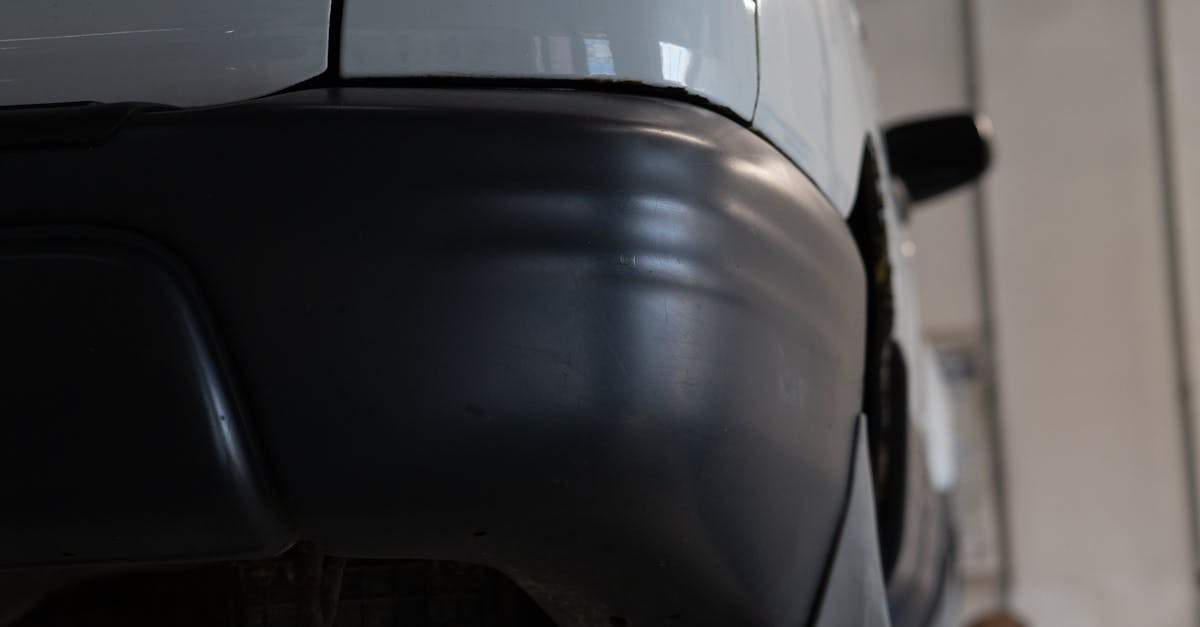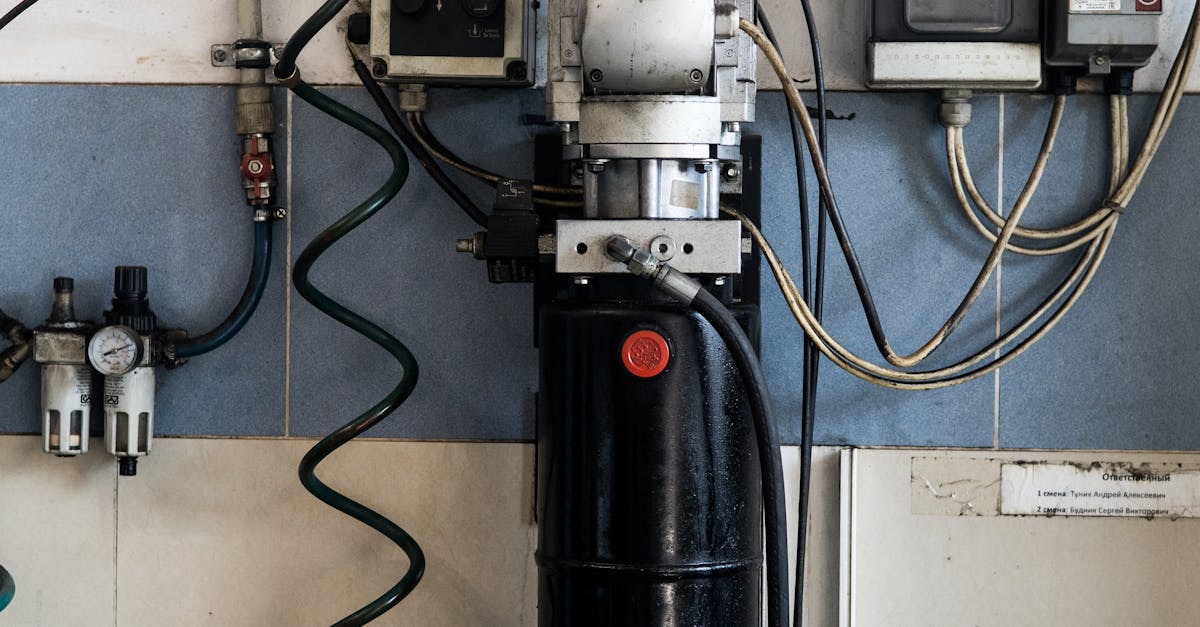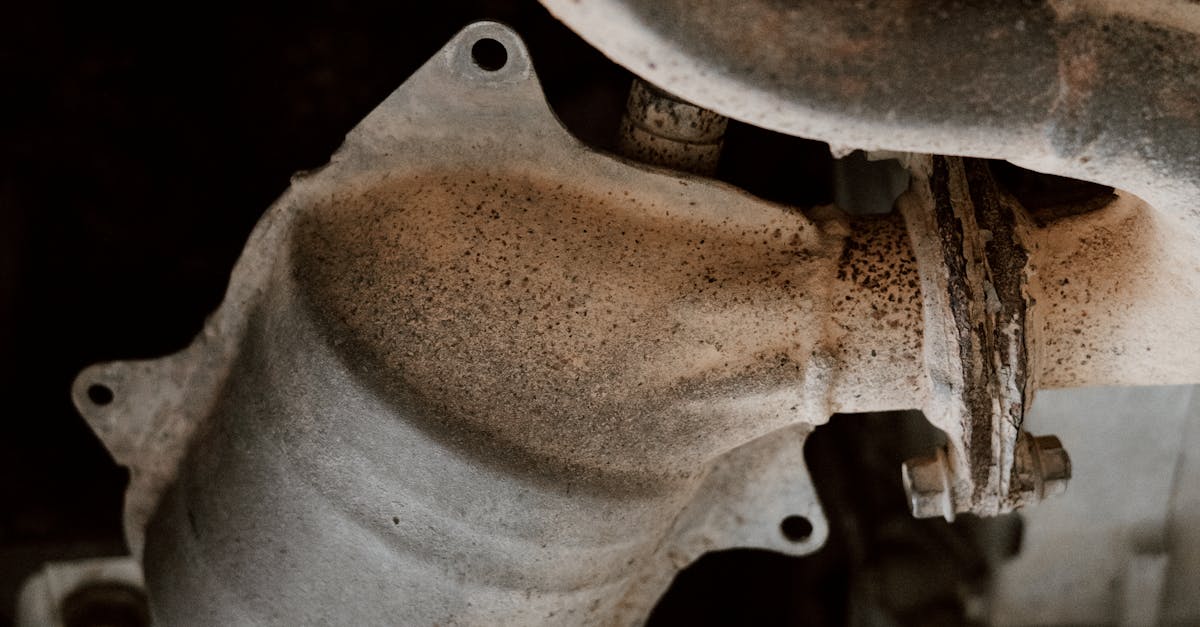
Table Of Contents
Inconsistent Water Supply
Inconsistent water supply can be a sign of a failing hot water system. Homeowners may notice that their hot water is intermittently unavailable, resulting in cold showers or a lack of sufficient hot water for daily needs. These variations not only cause inconvenience but can also indicate underlying issues such as sediment buildup or malfunctioning valves within the system.
When faced with an inconsistent supply, it is crucial to consider options for hot water system repair. Skilled technicians can diagnose the problem, whether it's a simple fix or requires more extensive work. Addressing these issues promptly can help prevent further damage and ensure a reliable hot water supply for your home.
Fluctuations in Temperature and Pressure
Fluctuations in temperature and pressure can be significant indicators of an impending hot water system failure. Experiencing sudden bursts of hot water followed by cold can disrupt daily routines and signal an issue with the thermostat, heating elements, or internal components. Regular monitoring of water temperature during use can help identify these discrepancies early, providing an opportunity for timely intervention to avoid further complications.
Inconsistent pressure can also contribute to the overall performance of the hot water system. If water pressure drops unexpectedly or rises to uncomfortable levels, it may point to underlying problems such as sediment buildup, faulty valves, or leaks. It’s essential to address these fluctuations promptly, as they can lead to a need for hot water system repair, ultimately ensuring a reliable and efficient supply of hot water in the home.
Age of the Hot Water System
The age of a hot water system plays a significant role in its overall performance and reliability. Systems typically have a lifespan ranging from 8 to 15 years, depending on the model and maintenance practices. As these units age, they may become less efficient, leading to increased energy costs. It is crucial to monitor the age of the system and plan for potential replacements or necessary repairs. Ignoring this aspect can often result in unexpected breakdowns, which may require costly hot water system repair.
Older systems are also more prone to issues such as leaks, sediment buildup, and corrosion. These complications can further exacerbate efficiency problems and lead to hot water shortages. Routine inspections can help identify these issues early, allowing homeowners to make informed decisions about repairs or replacements. Prioritizing the age factor in hot water system maintenance can save money in the long run and ensure a consistent hot water supply.
Typical Lifespan of Different Models
The lifespan of a hot water system can vary significantly based on the type and model. Traditional tank water heaters typically last between 8 to 12 years, while tankless models may extend up to 20 years with proper maintenance. Factors such as usage, water quality, and installation can also influence the longevity of these systems. Regular inspections play a critical role in extending the life of a hot water system, helping to catch issues before they escalate.
Understanding the typical lifespan of your hot water system can aid in planning for its eventual replacement. Homeowners should keep an eye on symptoms of failure, as waiting too long can lead to extensive damage and costly repairs. For those considering replacement, consulting with professionals for hot water system repair or advice on the best model for your needs can be beneficial. This proactive approach helps ensure a reliable supply of hot water in your home.
Regular Maintenance Checks
Regular maintenance checks for a hot water system are crucial to ensure its efficiency and longevity. Scheduling routine inspections allows homeowners to identify potential issues before they escalate. Technicians can detect early warning signs of damage, sediment buildup, or corrosion, preventing the need for costly repairs. By adhering to a maintenance schedule, the risk of unexpected failures can be significantly reduced.
Neglecting regular maintenance can lead to decreased performance and higher energy bills. Ignoring the system's needs may necessitate more extensive hot water system repair later on. A well-maintained system runs more efficiently and delivers consistent hot water. Investing time and attention into upkeep not only saves money in the long run, it enhances overall comfort in the home.
Importance of Routine Inspections
Routine inspections are essential for maintaining the efficiency and longevity of a hot water system. Regular assessments help identify potential issues before they escalate into major problems. Technicians can spot signs of wear and tear, check for leaks, and ensure that all components are functioning correctly. This proactive approach not only saves homeowners from unexpected breakdowns but also helps in avoiding costly hot water system repair.
Neglecting routine maintenance can lead to decreased performance and, ultimately, a complete system failure. By scheduling regular inspections, homeowners can ensure their systems operate safely and efficiently. Well-maintained systems are less prone to issues that require hot water system repair, providing peace of mind and better overall performance. Prioritizing these inspections can significantly enhance the longevity of the appliance and improve energy efficiency, ultimately leading to cost savings on utility bills.
FAQS
What are the signs that my hot water system may be failing?
Common signs include inconsistent water supply, fluctuations in temperature and pressure, unusual noises, and visible leaks.
How does the age of my hot water system affect its performance?
As hot water systems age, their efficiency often decreases, leading to higher energy bills and an increased likelihood of failure.
What is the typical lifespan of a hot water system?
The lifespan can vary by model, but typically, tank water heaters last about 10-15 years, while tankless systems can last over 20 years with proper maintenance.
How often should I have my hot water system inspected?
It’s recommended to have your hot water system inspected at least once a year to ensure it is functioning properly and to catch any potential issues early.
What should I do if I suspect my hot water system is failing?
If you notice any signs of failure, it’s best to contact a qualified plumber or technician for a professional evaluation and repair.


